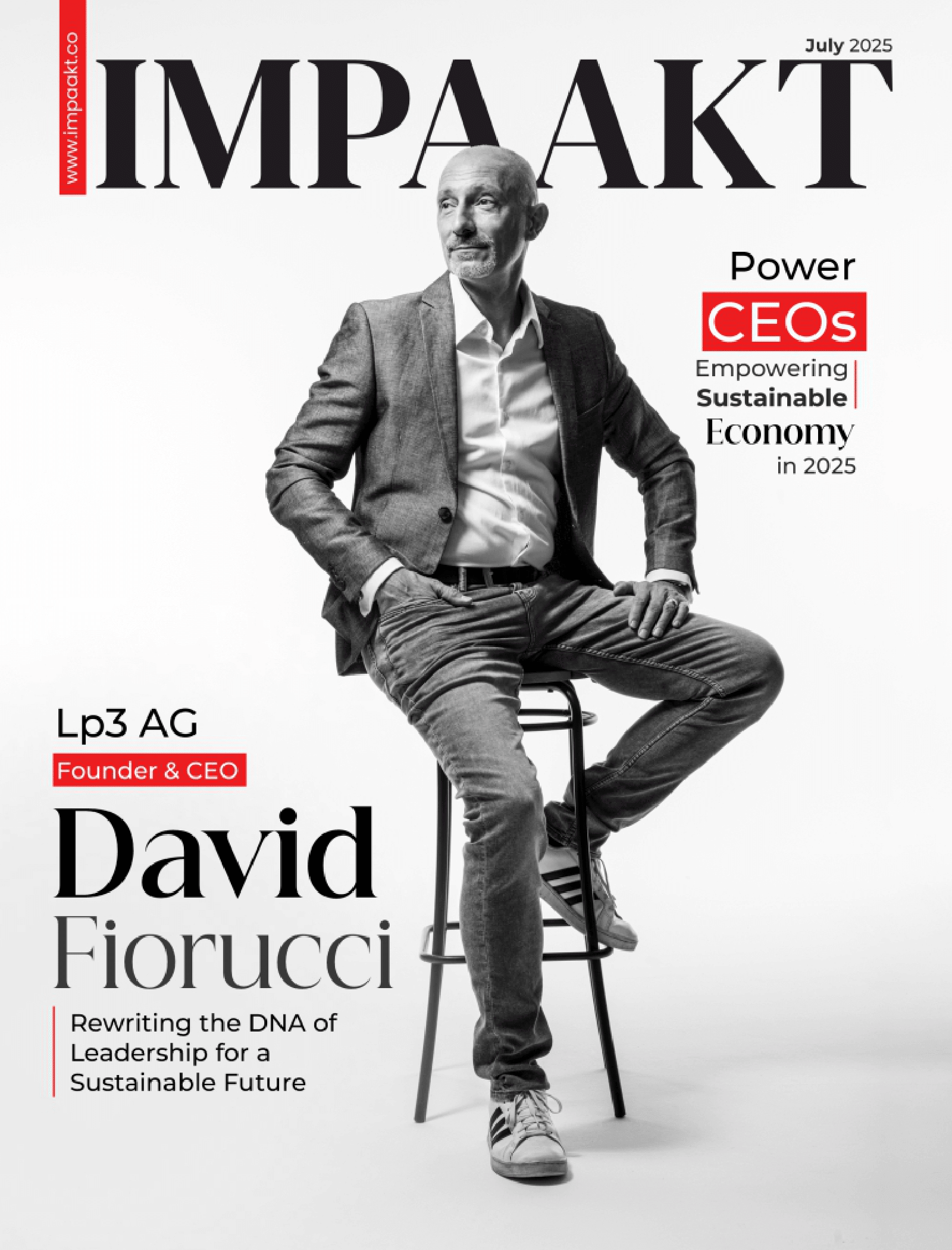The streets of Kabul were once alive with the laughter of children flying kites under a brilliant blue sky. Among them was a young boy named Khaled Hosseini, whose heart carried stories waiting to be told. But as the winds of political unrest swept through Afghanistan, his family’s idyllic life crumbled. Forced to leave his homeland, Khaled carried with him a piece of Afghanistan, etched in memories and emotions, that would one day inspire a novel touching the souls of readers worldwide. This is not just the story of a writer’s rise—it’s a tale of resilience, cultural pride, and the power of words to bridge worlds.
Early Life: The Boy with a Pen in His Heart
Born on March 4, 1965, in Kabul, Afghanistan, Khaled Hosseini grew up in a household where intellect and culture thrived. His father, a diplomat, and his mother, a teacher, instilled in him a love for education. The colorful tapestry of Kabul—its markets, traditions, and kite-flying competitions—provided the backdrop for his childhood.
But in 1978, that world was torn apart. The Soviet invasion forced the Hosseini family into exile. They first fled to France and eventually settled in San Jose, California, seeking refuge from the escalating violence. The transition was harsh. In America, Khaled struggled to find his place, straddling two identities: the Afghan boy who longed for his homeland and the immigrant navigating an unfamiliar culture.
Through it all, books became his refuge. From classics to contemporary works, literature fed his imagination, sowing the seeds for a future he hadn’t yet dared to dream of.
The Kite Runner: A Story that Spoke to the World
In 2003, Khaled Hosseini introduced the world to The Kite Runner. At its heart, it was the story of Amir and Hassan, childhood friends separated by class, betrayal, and the rippling effects of war. Against the backdrop of Afghanistan’s political turmoil, the novel explored themes of redemption, guilt, and the enduring power of friendship.
But The Kite Runner was more than just a novel—it was a mirror reflecting the heartache of a nation and its people. Hosseini’s vivid portrayal of Afghan culture, coupled with the universal themes of humanity and healing, struck a chord with readers across the globe.
The book became an international sensation, translated into over 40 languages, adapted into a feature film, and topping bestseller lists for years. Yet, Hosseini’s success was not a fluke—it was the result of raw honesty and a deep connection to the stories he grew up with.
Breaking Barriers: From Doctor to Writer
Before stepping into the literary spotlight, Hosseini was a practicing physician in California—a career choice that provided stability but left his creative spirit yearning for more. In 2001, during his daily commute, he began penning the manuscript that would become The Kite Runner.
It wasn’t an easy journey. He battled self-doubt, the weight of cultural expectations, and the challenge of authentically representing Afghanistan as someone who had lived abroad for decades. But his heartfelt storytelling and genuine connection to his roots silenced critics and resonated deeply with readers.
Beyond The Kite Runner: Expanding the Narrative
After the success of his debut, Hosseini continued to explore Afghan stories in A Thousand Splendid Suns (2007) and And the Mountains Echoed (2013).
- A Thousand Splendid Suns delved into the lives of Mariam and Laila, two women bound by shared struggles in a society fraught with war and patriarchy. The novel’s portrayal of resilience and sisterhood became a global anthem for women’s strength.
- And the Mountains Echoed took a broader lens, weaving multigenerational stories of love, sacrifice, and separation across continents.
Each work reaffirmed Hosseini’s status as a literary powerhouse, celebrated for his emotional depth and commitment to shedding light on Afghan culture and history.
Legacy: A Voice for the Voiceless
Hosseini’s influence extends far beyond literature. As a UNHCR Goodwill Ambassador, he has tirelessly advocated for refugees, drawing from his own experiences of displacement. Through initiatives like the Khaled Hosseini Foundation, he has supported humanitarian projects, amplifying the voices of those silenced by conflict.
Through his novels, Hosseini humanized a region often reduced to war headlines, offering readers a window into the lives of ordinary Afghans navigating extraordinary challenges.
Conclusion: The Story Lives On
Khaled Hosseini’s journey from Kabul to literary stardom is a testament to the transformative power of storytelling. He brought Afghanistan’s beauty, pain, and humanity into global consciousness, proving that even in exile, one can carry the soul of their homeland. His words continue to soar like kites in the sky, bridging cultures and reminding us all of the enduring strength of the human spirit.











